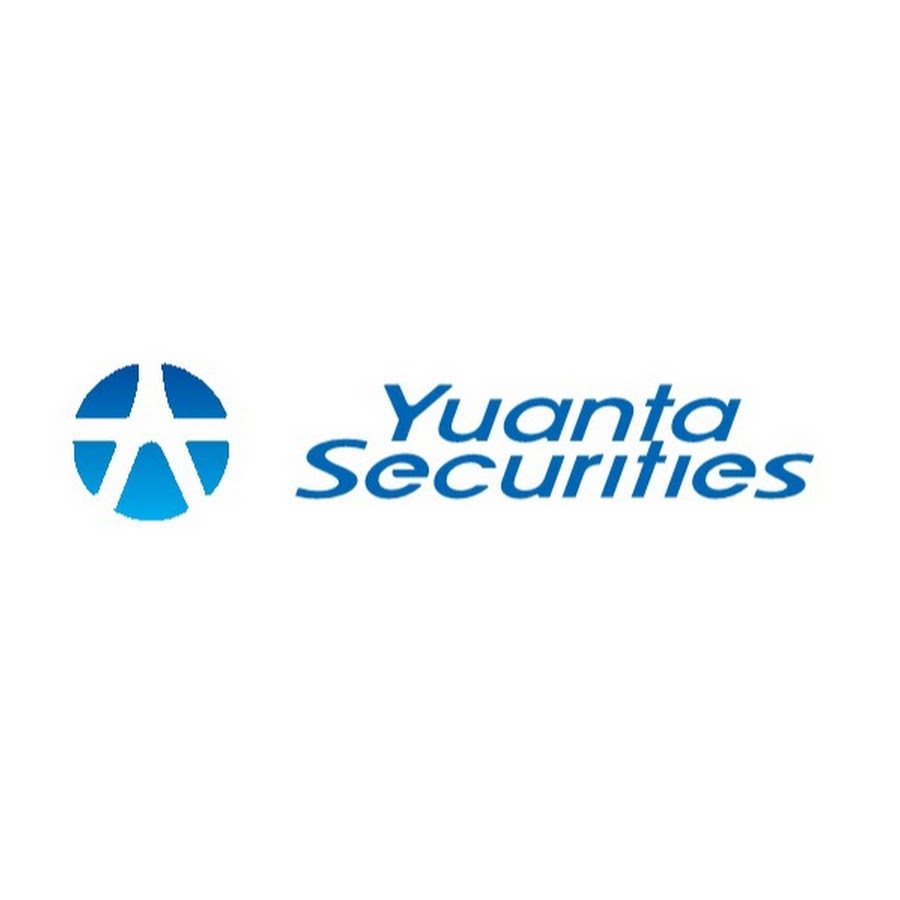Taiwan's ETF market has ignited thanks to new regulations, Felix Xu writes.
An increasing number of Taiwanese institutional investors are incorporating ETFs in their portfolios driven by the fast-growing ETF product spectrum and conducive regulatory environment in Taiwan.
Despite the first Taiwan ETF, Polaris Taiwan Top 50 Tracker Fund, coming to the market in 2003, the island state's ETF market had made limited headway to grow its size until 2014 when the Financial Supervisory Commission (SFC) allowed local ETF providers to launch leveraged and inverse (L&I) ETFs.
This marks a watershed for the ETF industry in terms of ETF product innovation and application. Since the regulatory relaxation, the SFC has been stepping up to loosen the control on alternative ETFs in order to prop up the market turnover.
Exotic ETFs have been mushrooming since then with the arrival of some new players. This shifts the industry landscape from the largest ETF provider Yuanta Securities Investment Trust Co (Yuanta Co) dominated to more evenly-distributed.
Currently, Taiwan's ETF products is in its sixth generation after the emergence of a variety of innovative products including cross-border ETFs, L&I ETFs, futures ETFs, L&I futures ETFs, and fixed income ETFs over the past few years.
In fact, the product diversification is playing a key role to facilitate new ETF listing and to boost market capacity.
There were 24 ETF listings on the Taiwan Stock Exchange (SSE) in the first seven months of the year, a 50% increase over the same period in 2016, according to figures from the Securities Investment Trust & Consulting Association.
Taiwan-listed ETFs grew 29% to reach NT$350.6 billion (US$11.62 billion) in total AUM as of September 2017 from NT$270 billion in December 2016, according to the figures from the SSE.
One of the key growth drivers is the fact that local pension funds and insurance companies are considering ETFs or smart-beta strategies as building blocks within their multi-asset allocation.
For example, US asset management giant BlackRock has registered stable capital inflow from its Taiwan institutional clients for its ETF products.
Geir Espeskog, head of iShares APAC distribution, states that the company "sees healthy growth in Taiwan clients [in the insurance segment] to use ETF as portfolio construction tools for insurance-linked investment products."
From the segregated investment mandate perspective, the Bureau of Labor Funds (BLF), the largest retirement scheme in Taiwan with total AUM of more than NT$3.54 trillion, have put more emphasis on passive investing recently.
Earlier this year, the BLF launched its first passive global environmental, social, and governance (ESG) equity mandate as part of the plan to access responsible investing and appointed BlackRock, State Street Global Advisors, Northern Trust and Deutsche Bank to oversee the mandate.
According to Li-Ju Liu, deputy director general of the BLF, the bureau will incorporate smart beta components such as low volatility and high-quality factors in its passive investment portfolio.
Looking forward, Taiwan ETF product line-up will be more comprehensive with a number of new innovative products such as currency and real estate investment trust (REIT) tracking ETFs in the pipeline this year.
The diverse ETF line-up is likely to help more institutional investors to meet their asset allocation and risk diversification objectives.
Alex Huang, executive vice president and head of index and quantitative investment at Yuanta SITC, states that Taiwan ETF market is entering into a new era, transitioning from purely passive investment- focused to active strategic application-structured.



